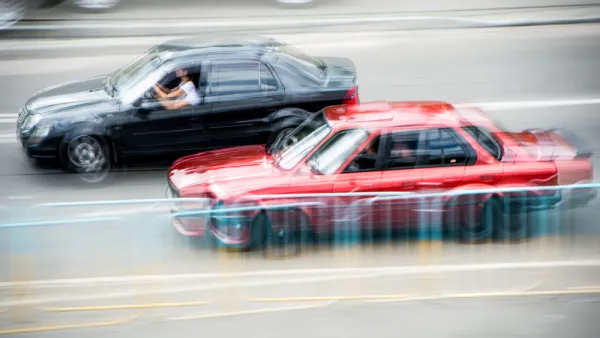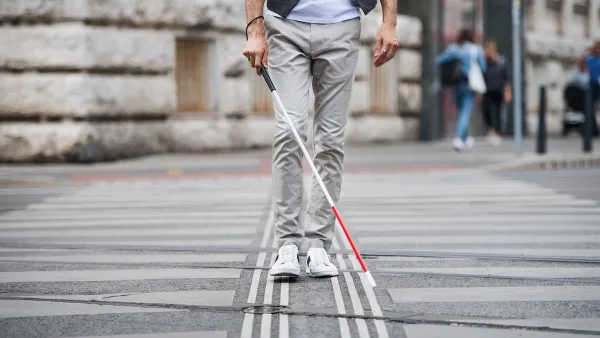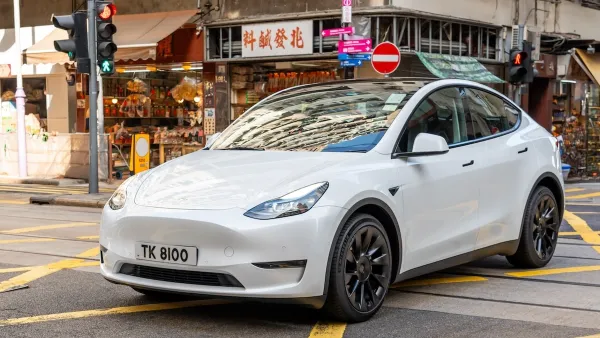A new study also finds reason to believe that self-driving cars will make everyone nicer and generally more affable that any point in human history since the advent of the car.

Can't we all just get along?
Once self-driving cars take the wheel, World Peace might become a reality, according to a highly-anticipated study released recently by the Insurance Institute for Highway Safety.
The study gathered safety records for existing autonomous vehicle pilot projects, predicted data from systems models used to program the self-driving fleets at Google, Tesla, and Uber, and surveyed thousands of users across demographics of age, location, and race. The result of the study produced a startling conclusion: self-driving cars have a 70 percent chance of bringing about a new era of humankind, define by the peaceful coexistence of people of all races, income levels, and age groups.
"Basically that when you subtract out the many inefficiencies and errors of the current transportation system, as well as the psychological effects of navigating the system on its users, you redefine the entire human race," said Dr. T. Hank Goodness in a prepared statement at a press conference announcing the study. "Better late than never?" asked a noticeably smug Dr. Goodness.
The potential benefit of autonomous vehicles for traffic safety and congestion relief have been the subject of many studies and media analyses since the self-driving technology first hit the roads. But the IIHS study is the first to also attempt to quantify the larger impact of those improvements to the entire human race.
Not every one is sold on the potential benefits of self-driving cars, however. Representatives from a coalition of auto insurance companies, concerned about the potential obsolescence of their business model in a future defined by efficiency and teamwork, released a joint statement countering the study's findings. "The 30 percent chance self-driving cars will not bring about World Peace is the most likely 30 percent ever," reads the statement. "Transportation will never be a rational system as long as human beings are involved, even if they're not driving the cars."
FULL STORY: Study: Self-Driving Cars Likely to Restore 70% of Lost Faith in Humanity

Analysis: Cybertruck Fatality Rate Far Exceeds That of Ford Pinto
The Tesla Cybertruck was recalled seven times last year.

National Parks Layoffs Will Cause Communities to Lose Billions
Thousands of essential park workers were laid off this week, just before the busy spring break season.

Retro-silient?: America’s First “Eco-burb,” The Woodlands Turns 50
A master-planned community north of Houston offers lessons on green infrastructure and resilient design, but falls short of its founder’s lofty affordability and walkability goals.

Test News Post 1
This is a summary

Analysis: Cybertruck Fatality Rate Far Exceeds That of Ford Pinto
The Tesla Cybertruck was recalled seven times last year.

Test News Headline 46
Test for the image on the front page.
Urban Design for Planners 1: Software Tools
This six-course series explores essential urban design concepts using open source software and equips planners with the tools they need to participate fully in the urban design process.
Planning for Universal Design
Learn the tools for implementing Universal Design in planning regulations.
EMC Planning Group, Inc.
Planetizen
Planetizen
Mpact (formerly Rail~Volution)
Great Falls Development Authority, Inc.
HUDs Office of Policy Development and Research
NYU Wagner Graduate School of Public Service




























